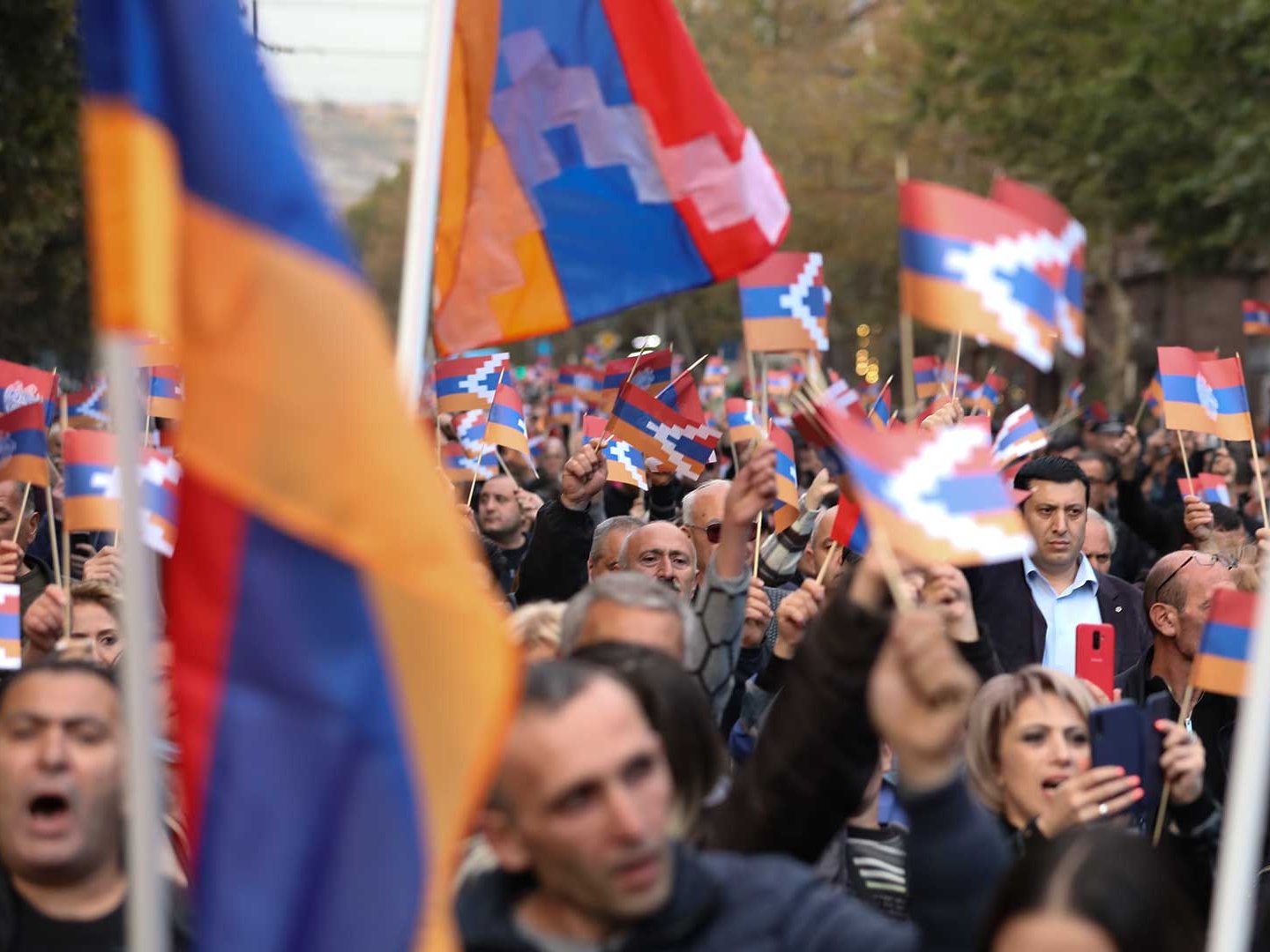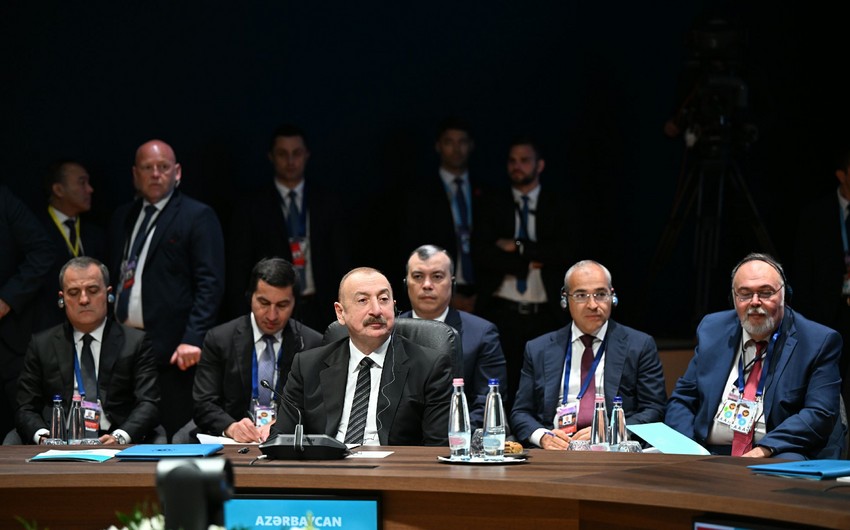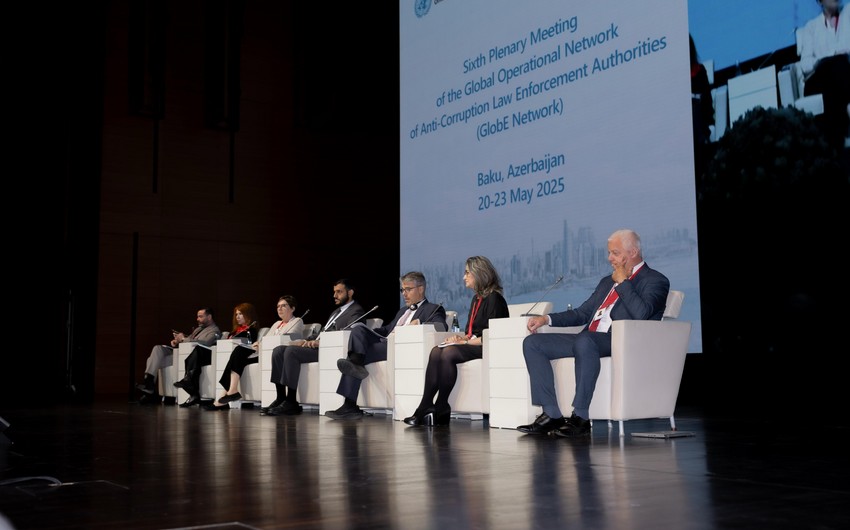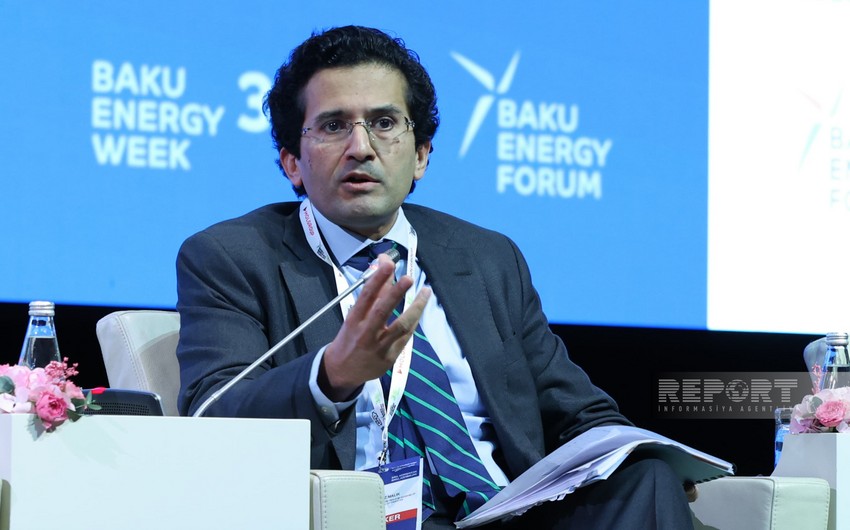Rev. Bagrat Galstanyan's recent declaration of launching a "crowd rally" on May 26, accompanied by promises of "impressive steps" against Nikol Pashinyan's government, marks what some perceive as the final stand of revanchists in Armenia. However, the feasibility of their ambitions remains uncertain.
Political scientist Tural Ismayilov, in a statement to Ednews, asserts that the revanchists currently wield minimal influence within Armenian society. Their activities, he contends, primarily serve to disrupt peace prospects between Azerbaijan and Armenia. Ismayilov believes that the revanchists' objectives are unlikely to materialize, given the diminished public support for their cause. Moreover, he underscores the societal imperative to eradicate neo-fascist ideologies and radical nationalist sentiments entrenched over three decades, which have rendered war untenable between Azerbaijan and Armenia.
Regarding the unexpected alignment of former president Levon Ter-Petrosyan and his Armenian National Congress with the revanchists, Ismayilov remains skeptical. He contends that Ter-Petrosyan's political stature has waned, and the Armenian National Congress lacks resonance among the populace. Ismayilov attributes this disconnect to Ter-Petrosyan's inconsistent political maneuvers and the unpopularity of associated figures in Armenian society. He suggests that the remnants of the Armenian National Congress are striving to maintain relevance, with Bagrat Galstanyan's Aksia show seen as a ploy for political capital.
As Armenia navigates this turbulent political landscape, the prevailing sentiment suggests that the revanchists' endeavors are poised for failure. Ismayilov's analysis underscores the need for Armenian society to transcend divisive ideologies and embrace a path of reconciliation for enduring peace and stability in the region.










